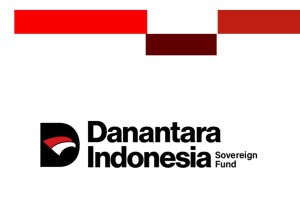Greater access to health services sought amidst increased public awareness
Frequently held discussions and massive media reports on stunting have led to increased public awareness on problems of impaired growth and development among children.
The issue of stunting has again become a major concern for the Indonesian people, with data garnered by NoLimit Indonesia, a Big Data and AI technology company, reveals that there were 23,135 discussions on social media and 12,165 news reports in online media related to stunting during the period from August 1 to November 25, 2024.
Stunting, which is caused by chronic malnutrition, repeated infections, and limited access to health services, can interfere with a child's physical growth and brain development. The impacts are long-term, such as impaired intelligence, low productivity, and poor quality of life, making it a national priority issue.
CEO of NoLimit Indonesia, Aqsath Rasyid Naradhipa, noted that public awareness of stunting is already quite high.
"Sixty eight percent of the conversations show that the public understands that stunting has a significant impact on children's growth and development," Aqsath told Indonesia Business Post on Friday, December 6, 2024.
NoLimit's monitoring also recorded a three-fold spike in discussions related to stunting in October 2024. This spike coincided with the inauguration of the new government, which brought new hope for efforts to address stunting through various programs.
Public perception
A significant percentage − about 50 percent − of the public associated the government's efforts with the free meal program for school children. However, 57 percent of the opposing conversations considered that this program was not on target because it had not reached the groups most in need.
On the other hand, 63 percent of netizens highlighted the role of the public in educating the public about stunting.
"This data shows that collaboration between the government and the public is very important to overcome the problem of stunting," Aqsath said.
Based on NoLimit's analysis, 47 percent of netizens believe that increasing the number of medical personnel, especially doctors in remote areas, is the most effectivemeasure to reduce stunting rates. In addition, 22 percent considered the need for bureaucratic reforms so that health services are more easily accessible, especially for the poor and people living in remote regions.
"Public input through social media shows the importance of good communication between the government and the public. Hopefully, the policies taken can be more targeted," Aqsath concluded.
Already have an account? Sign In
-
Start reading
Freemium
-
Monthly Subscription
30% OFF$26.03
$37.19/MonthCancel anytime
This offer is open to all new subscribers!
Subscribe now -
Yearly Subscription
33% OFF$228.13
$340.5/YearCancel anytime
This offer is open to all new subscribers!
Subscribe now






